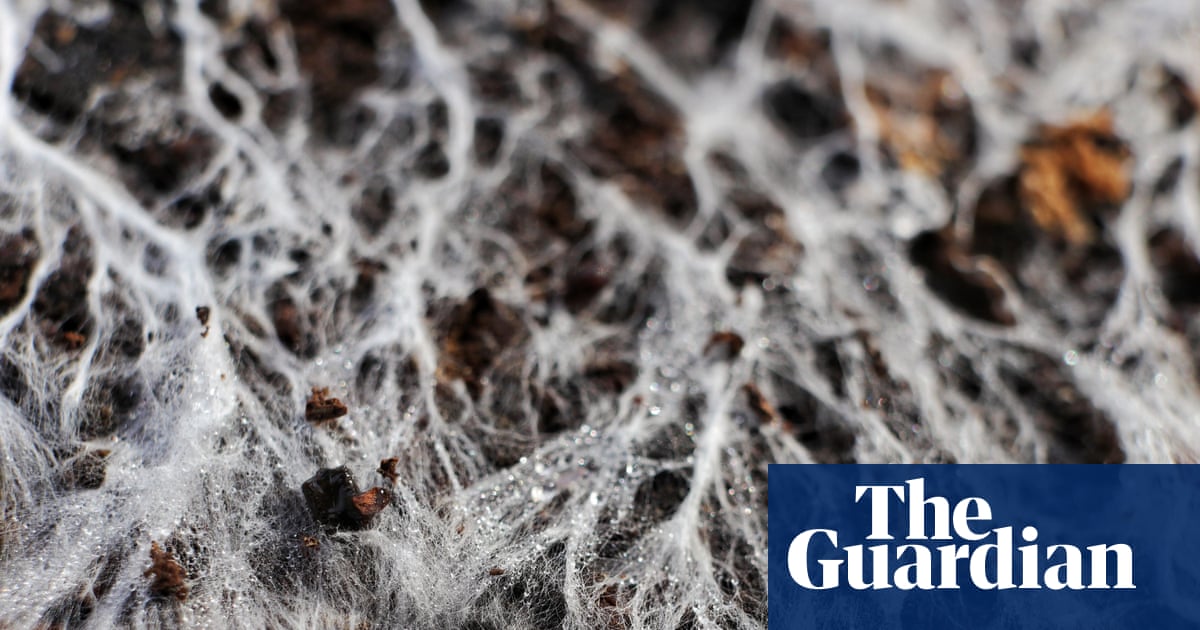T4K3.news
Research calls for urgent action to protect fungal networks
New study reveals 90% of vital fungal biodiversity hotspots remain unprotected.

Scientists warn that declining protection for fungi threatens ecosystems and agriculture.
Urgent action needed to protect Earth's underground fungal networks
Researchers from the Society for the Protection of Underground Networks have revealed urgent findings regarding Earth's mycorrhizal fungi, indicating that only 9.5% of biodiversity hotspots for these essential organisms are within protected areas. Their study, published in Nature, shows that neglecting these underground networks could harm carbon storage, crop yields, and overall ecosystem resilience to climate change. The team utilized machine learning on a vast dataset of fungal samples from 130 countries, mapping biodiversity across a 1 km² scale. They highlighted the potential loss of critical fungal habitats, especially in regions like the eroding coast of Ghana, emphasizing the need for immediate conservation efforts to protect these vital networks that help sustain plant life and regulate the planet's climate.
Key Takeaways
"When we disrupt these critical ecosystem engineers, forest regeneration slows, crops fail and biodiversity above ground begins to unravel."
Dr. Toby Kiers emphasizes the vital role of mycorrhizal fungi in ecosystem health.
"Given the impact of these fungal symbioses on Earth's ecosystems, continuing to ignore them could be a hugely missed opportunity."
Dr. Michael Van Nuland warns about the consequences of neglecting fungi in conservation efforts.
"The fungi is needed for agricultural productivity and human health."
Dr. Toby Kiers outlines the importance of fungi in supporting agriculture and human health.
"This data is incredibly important in strengthening law and policy on climate change and biodiversity loss."
César Rodríguez-Garavito reflects on the implications of fungal biodiversity data for policy.
The findings from this research underscore a significant oversight in conservation policies. With a mere fraction of fungal biodiversity protected, there is a serious risk of ecological disruption that could limit both agricultural success and climate mitigation efforts. The call for urgent action emphasizes how interconnected our ecosystems truly are; by ignoring the underground networks, we jeopardize the very foundations of life on Earth. Addressing this gap in conservation could not only enhance agricultural productivity but also contribute to combating climate change, making it a critical focus for policymakers.
Highlights
- Fungi are the unsung heroes of our ecosystems.
- Ignoring fungi is a missed opportunity for conservation.
- Healthy fungal networks equal healthier crops and ecosystems.
- Protecting fungi is essential for resilience against climate extremes.
Critical conservation gaps threaten biodiversity
With only 9.5% of biodiversity hotspots for mycorrhizal fungi protected, urgent action is needed to prevent ecological collapse.
Enhancing our commitment to fungal conservation could be key to a sustainable future.
Enjoyed this? Let your friends know!
Related News

World Brain Day emphasizes neurological health awareness

Research Shows Survivors of Coercive Control Are Criminalized in England

ICJ ruling could empower climate reparations

Emergency Patch Released for SharePoint Attack

New study links smartphone use in youth to mental health issues

Israeli Forces Face Allegations of War Crimes

Documentary Investigates Iconic Vietnam Photo Controversy

Threats to Bosumtwi Crater From Illegal Mining Intensify
